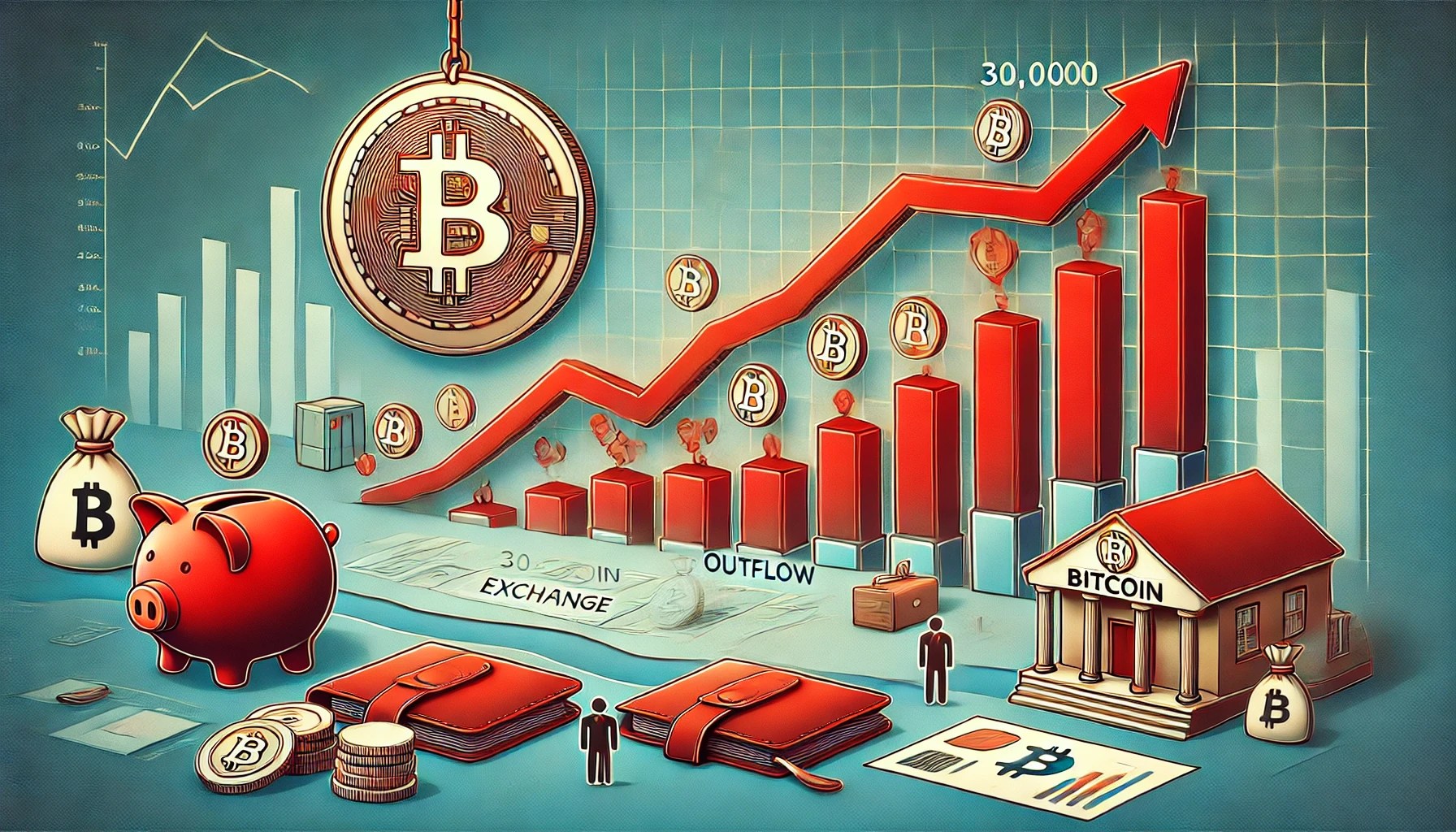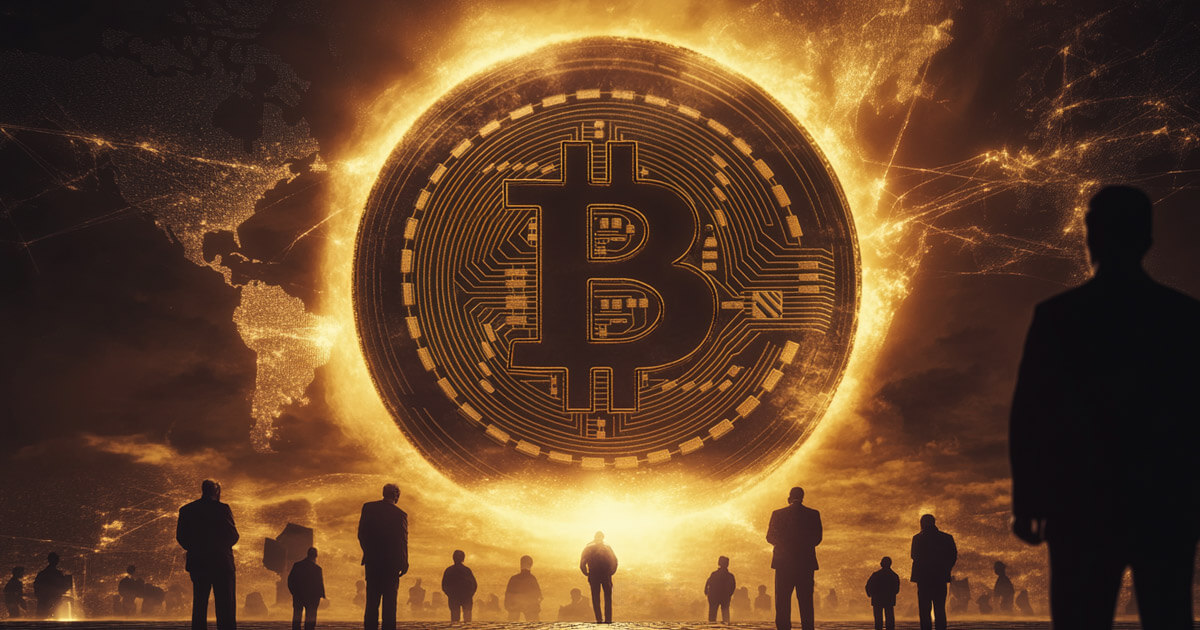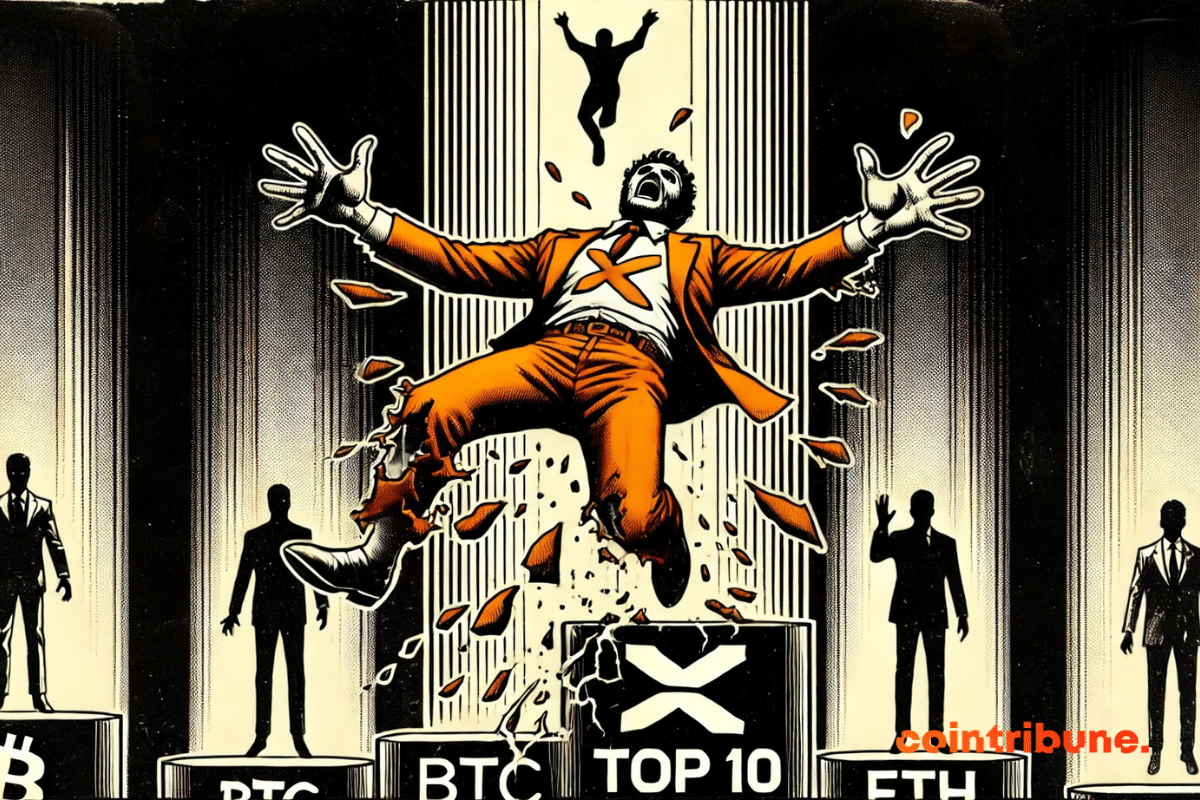Bitcoin’s Volatility Takes a Swing as Geopolitical Tensions Rise: What Does It Mean for You and the World?
As the world holds its breath over the latest developments in Eastern Europe, Bitcoin’s price has become an unwitting bystander in this geopolitical chess game. With Bitcoin hovering around the $82,000 mark and the distinct possibility of falling below the psychologically significant $80,000 level, let’s explore how this volatility may impact you and the world.
The Geopolitical Backdrop: Trump Threatens 25% Tariffs on Russian Oil
The ongoing tensions between Russia and Ukraine have once again come to the forefront of global concerns. Amid ceasefire concerns, President Trump has threatened to impose a 25% tariff on Russian oil imports. This move, aimed at pressuring Russia to de-escalate the situation in Eastern Europe, has sent ripples through the financial markets.
Impact on Bitcoin: Uncertainty and Volatility
Bitcoin, as a non-correlated asset, has traditionally been seen as a safe haven during times of geopolitical uncertainty. However, its price has shown an interesting reaction to the latest developments. The potential tariffs on Russian oil have led to increased volatility in the markets, with Bitcoin’s price taking a hit.
- Safe haven or risk asset? Bitcoin’s role during geopolitical tensions is up for debate.
- Market uncertainty: Traders are hesitant to make large investments, leading to increased volatility.
- Fear of missing out (FOMO) vs fear of losing out (FOL): The tug-of-war between these emotions can influence Bitcoin’s price.
Impact on You: Navigating the Volatility
As an individual investor, you may find yourself at a crossroads when it comes to Bitcoin. Here are some considerations:
- Diversify your portfolio: Don’t put all your eggs in one basket.
- Stay informed: Keep an eye on geopolitical developments and their impact on the markets.
- Long-term perspective: Bitcoin’s price fluctuations are temporary.
Impact on the World: A Ripple Effect
The potential tariffs on Russian oil have far-reaching implications, not just for Bitcoin but for the global economy as a whole. Here’s what to expect:
- Higher energy prices: Tariffs on Russian oil could lead to higher energy prices, impacting industries and consumers.
- Geopolitical tensions: The ongoing tensions between Russia and Ukraine could further destabilize the region, leading to increased uncertainty.
- Market volatility: Geopolitical tensions often lead to market volatility, with far-reaching impacts on various asset classes.
Conclusion: Navigating the Uncertainties
As the world navigates the latest geopolitical developments and their impact on financial markets, it’s essential to remember that volatility is a part of the investment landscape. While Bitcoin may offer an intriguing alternative to traditional assets, it’s crucial to approach it with a long-term perspective and a well-diversified portfolio.
Stay informed, stay calm, and remember that the markets will eventually find their equilibrium. Until then, happy investing!





